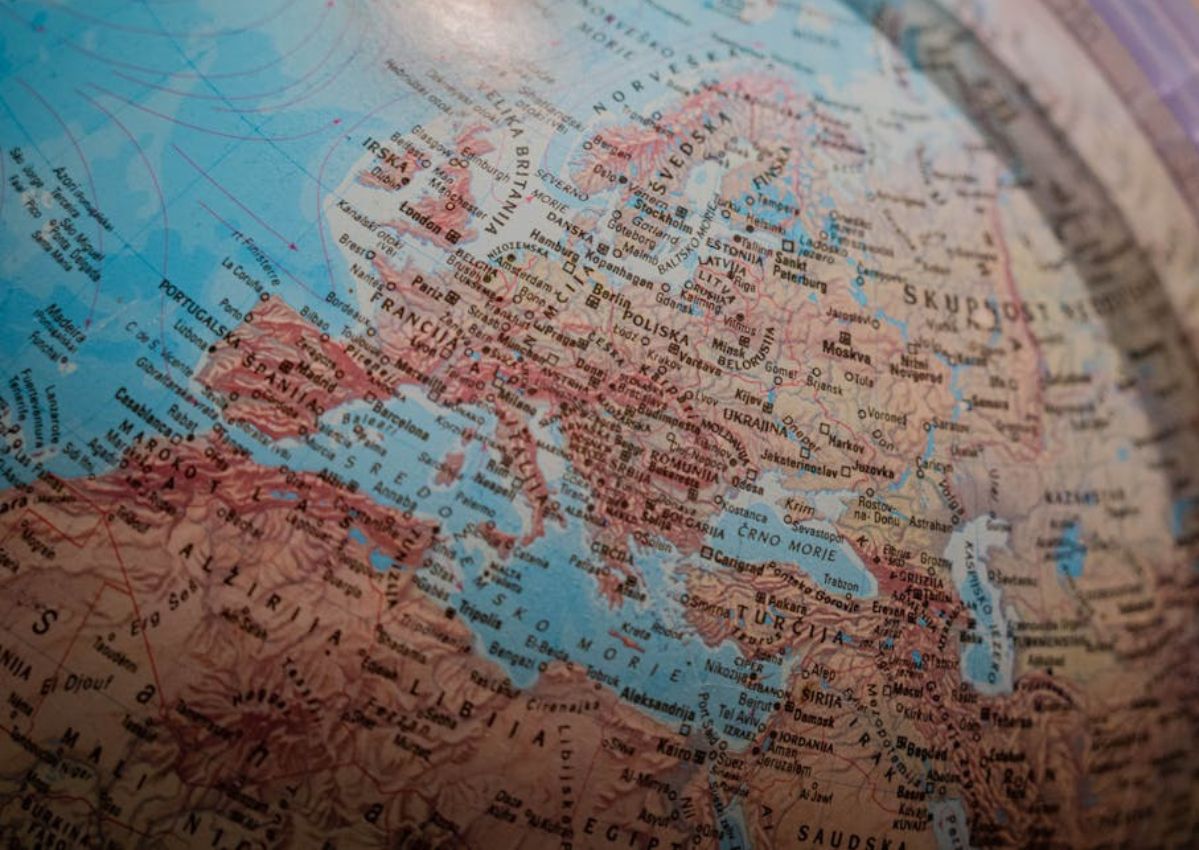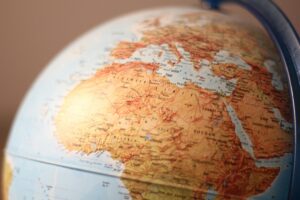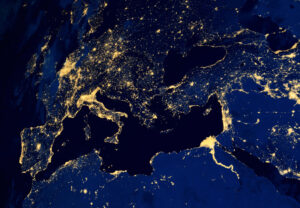The broader Mediterranean area has always held a strategic position in global geopolitics. More recently, the shift of European energy routes from north to south, towards Africa and the Middle East, the intensification of migration flows and the exacerbation of the conflict between Israel and Hamas have further emphasised the region’s centrality, bringing it back to the top of the international political agenda.
In recent weeks, European Commission President Ursula von der Leyen announced the appointment of a new commissioner for the Mediterranean, while NATO appointed the Spanish diplomat Javier Colomina to the role of Envoy for the Mediterranean. G7 countries, in their final communiqué and in the work of the G7 of Parliaments, also highlighted the geopolitical importance of the Mediterranean Region. The Italian government, traditionally inclined towards the Mediterranean, has relaunched its commitment to the Region through new partnerships and initiatives such as the “Rome Process” and the Mattei Plan for Africa.
This growing focus on the Mediterranean, however, does not seem to coincide with the awareness that the future of this region necessarily passes through building resilience to climate impacts, overcoming development models linked to fossil fuels, and strengthening energy cooperation with a view to a fair transition to renewables.
Over the past year, ECCO has paida great attention to the Mediterranean, through analysis and in-depth studies and the building of alliances with regional partners, such as MATTCCh, the Mediterranean Alliance of Think Tanks on Climate Change. We believe that the Mediterranean can be the laboratory of a just and inclusive transition, in which the countries of this region work together to address the common challenges of climate change and seize the opportunities that the energy transition offers, in order to achieve sustainable development.
The Mediterranean: a heterogeneous and complex region
The Mediterranean stands at the crossroads of three continents. The area is characterised by great heterogeneity, with uneven levels of socio-economic development and a complex security environment. Despite some attempts to create a common institutional framework, the gap between the northern and southern Mediterranean countries has widened in the last two decades. Profoundly different realities coexist in the same space, which seem to replicate, on a regional scale, the dynamics between the global North and South that are eroding trust in diplomacy and international cooperation. The aftermath of the pandemic and Russia’s invasion of Ukraine have further exacerbated the divide, causing disruptions in trade flows, food insecurity, rising inflation and public debt, and also giving room for interference by non-European powers that increasingly seek to assert their influence in the region.
Climate change: a threat without borders
The IPCC Mediterranean Assessment Report defines the region as a climate hotspot, where climate is changing faster than in other areas of the planet (0.4°C more than the global average change). Although the impacts of climate change are increasing in the entire region, the level of vulnerability is largely determined by non-climatic factors, such as the resilience of economic and political systems and access to finance. The consequences of extreme weather events are therefore far more devastating in the most fragile countries, as happened in Libya during the 2023 flood. Climate change impacts act as a threat multiplier, as they exacerbate pre-existing criticalities and fuel new crises. Impacts on strategic economic sectors, such as agriculture, fisheries and tourism, are also more acute in southern Mediterranean countries, where they contribute to rising unemployment, discontent and tensions, which can in turn trigger migration, radicalisation and new conflicts. These cascading effects transcend national borders and produce complex repercussions on a regional and global scale.
The risks of a “non-transition”
Globally, the energy transition will lead to a contraction of fossil fuel markets. This is particularly relevant for fossil-producing countries in the region, whose economies, in several cases, are heavily dependent on rents from the sector. Several scenarios confirm that global gas demand is set to decline. In recent years, gas consumption in Europe has already fallen far beyond estimates. Gas consumption in Italy decreased by 18.6% between August 2022 and January 2023, and the supply from existing fields in Algeria, Italy’s largest gas supplier to date, will no longer be needed after 2035. These scenarios call for urgent reflection to avert the effects of a ‘traumatic Decarbonization’, that is a strategically unplanned transition, from which the benefits cannot be reaped. For these countries, building resilience comes through economic diversification. Otherwise, we risk the collapse of economies and the social contract they support, with obvious repercussions on the stability of the entire region, including European countries.
New models of regional cooperation
As Lorena Stella Martini suggests in her article, an alignment of climate and energy policies in the region is also needed at the European level. On the contrary, in the years 2022-23, in order to reduce dependence on Russian gas, Europe signed new gas deals with those countries that should instead invest in an alternative development to that based on fossil fuels. Indeed, new investments are not compatible with international climate commitments. They also risk generating stranded assets and lock-ins, slowing down the local and global energy transition.
The region has some of the world’s greatest potential for renewable energy development, a competitive alternative to gas and an opportunity for economic diversification. At present, however, this potential remains largely untapped. Regional cooperation that prioritises investment in renewables and electricity infrastructure would allow for gradual integration and economic growth for all partners, greater shared energy security and opportunities for sustainable industrial development.
Through the Mattei Plan, the current government wanted to project a cooperation model based on equal partnerships and shared benefits. The country could give substance to its leadership ambitions and act as the spokesperson of a new vision for the Mediterranean, starting from the next international and European appointments.
In the face of this complex framework, it is necessary to respond through new forms of regional cooperation, which can reflect a shared vision and strategy and aim to achieve ambitious goals which are also within reach. The Mediterranean can be the laboratory of innovative and inclusive practices to rebuild trust in international cooperation and lead the global energy transition.
Foto di Nejc Soklič







